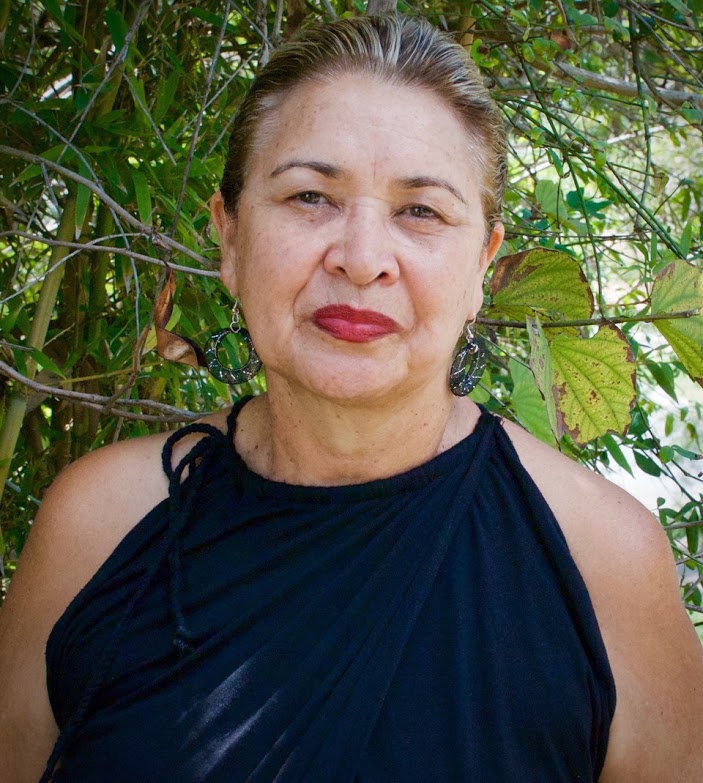Associate Professor, Curtin University
Can you tell me about your experiences as an Research Higher Degree student?
I was one of those students that took quite a long time to complete my PhD. It ran over 10 years but I did the PhD whilst in full time work and that certainly took its toll. I found that in the last two years, I actually completed most of the thesis itself. So by that time, after the eighth year some of the previous chapters that I’d written became out of date or dated. So I had to delete a couple of chapters and change some of the research questions to make the thesis relevant, and up to date.
The other thing that I encountered was the passing of my co-supervisor in the seventh year of the study. That brought my studies to halt for a short while but the replacement supervisor actually played a major role in getting things restarted and back on track. He was more of a strategist in planning and mapping out things the way that they should be, and how they should happen.
It wasn’t until the second co-supervisor took over that it really made things a lot clearer to me. That really brought me back on track, plus the pressure to complete it. So, those pressures plus an internal desire to complete the thesis really stoked things up again for me.
What was your pathway into a Research Higher Degree?
I did a course work Masters with a research component before enrolling in the PhD. Prior to that I did postgraduate studies in educational administration, a Bachelor of Education, and my initial degree, the Diploma of Teaching.
I finished my Masters in ’99 and I didn’t submit the proposal for the PhD until 2004. So there was almost a five year break there. My supervisor for my Masters said, Graeme it’s time for you to get started on a PhD. We were working on this research project entitled “Teaching strategies for Aboriginal children with conductive hearing loss” and he said, why don’t you base your thesis on this study? Virtually that’s what I did in the end. So it was really motivation through being involved as a researcher and encouragement from my Master’s supervisor.
What support mechanisms or aspects of university life have contributed to you completing a Research Higher Degree?
There was no group of Indigenous researchers doing their PhDs or Masters as such, but the Faculty organised regular sessions where all PhD students could come in and talk about their thesis, and discuss any issues or milestones reached. I didn’t bother going to any of those, to be honest. I spent most of my time meeting with my two supervisors, to discuss how things should happen and the progress that I had made. So I mainly worked through my supervisors rather than accessing any external Faculty support. They were there if I needed them.
I got a lot of support from the Dean of the Faculty. In the last year she really urged me to put my efforts into completing it, and so did the previous Dean. She said, well I’m happy to give you a 50 per cent reduction in teaching load or two days a week to work on the thesis and that was very helpful. I think without it I would have really struggled to meet the deadline. So from an administrative aspect, certainly the Dean herself gave me lots of support.
Also a former colleague struggled through the PhD himself and managed to complete it and personally I thought, well if he can do it, certainly I should be able to do it as well. My supervisors said the same thing. I just said, well I’ve really got to put my mind to it and find time for it. That really, again sparked motivation within and the desire to finish it; just knowing that other people had done it.
What advice would you suggest for current Aboriginal and Torres Strait Islander students contemplating a Research Higher Degree?
Pick your supervisors carefully; the ones that will want to spend time helping you with your studies, in good times and in bad. I was lucky. With all my three supervisors, they were on campus and located, only two or three doors away from my own office. So I had ready access to my supervisors, and I think that’s important. Sometimes when you work on your own, you get stagnant and/or lose direction. I think getting two good supervisors who are willing to spend time with you, and dedicate time with you is important. Working full time is difficult. You really need 50 per cent study time each week, to really complete a thesis. So having the support from the Dean, especially if you are working full time, is certainly a big blessing.

